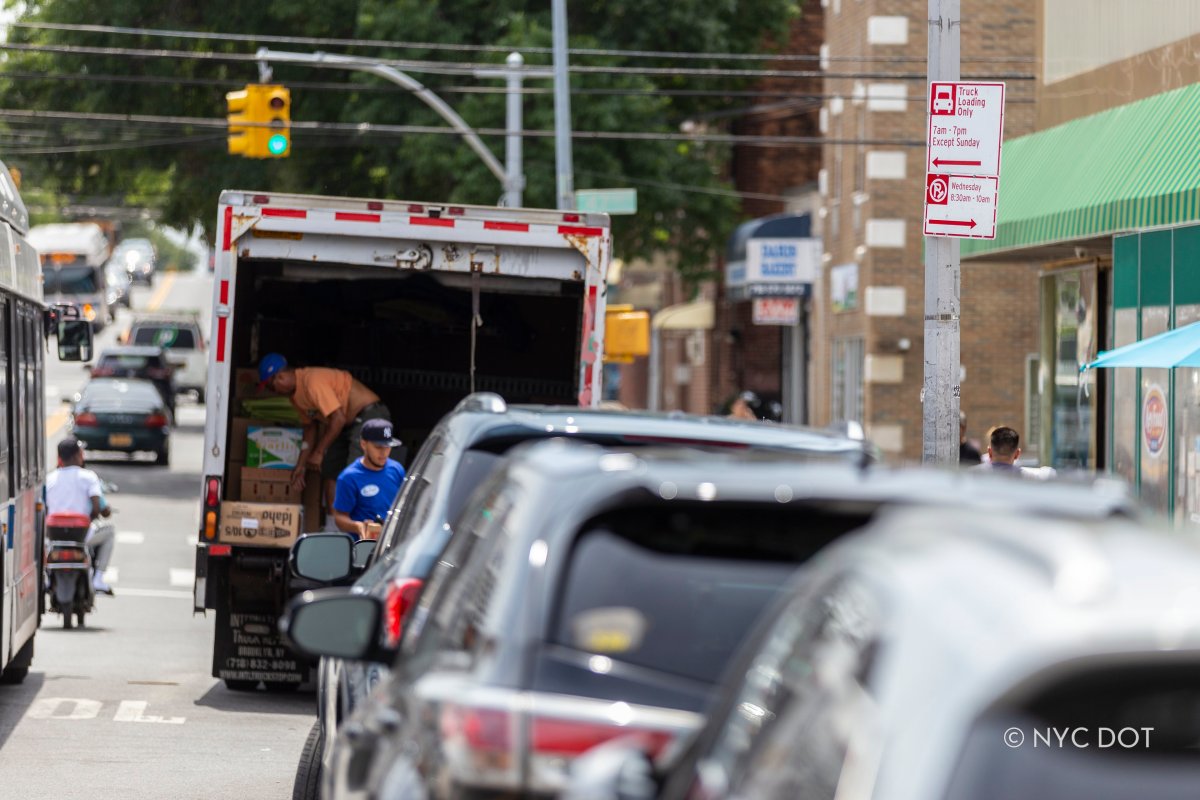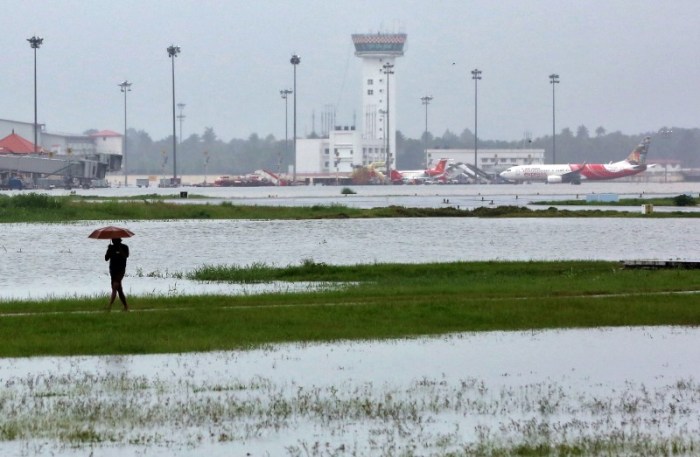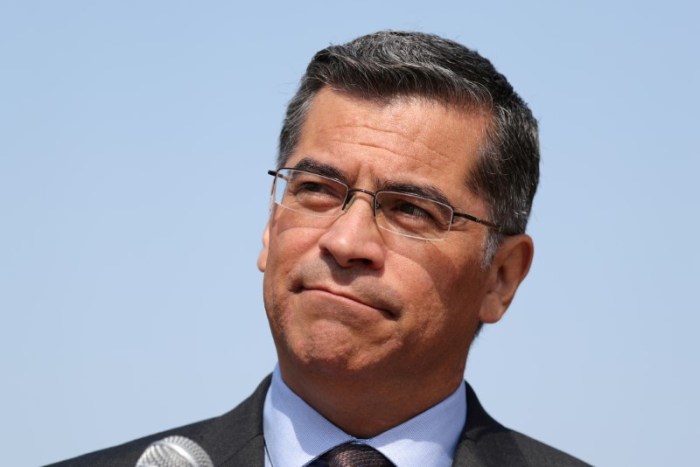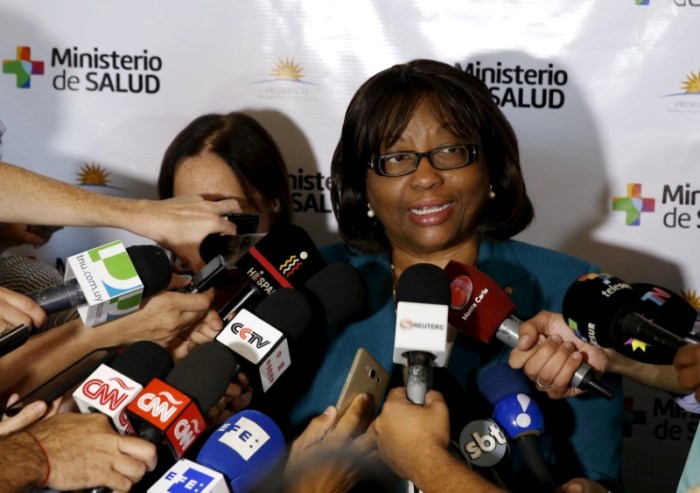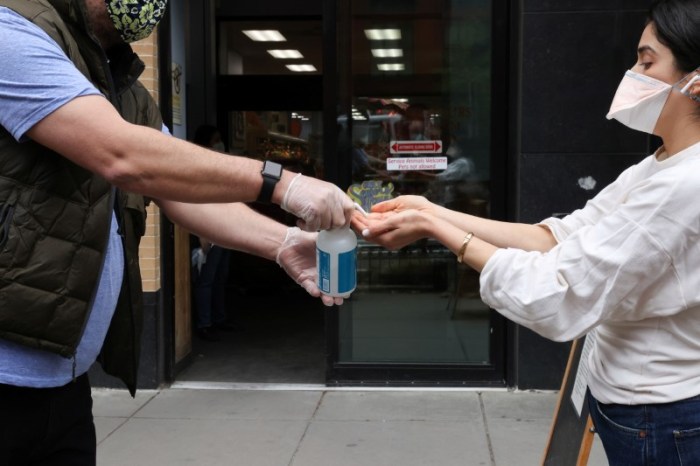WASHINGTON (Reuters) – The Pentagon said on Tuesday that it had accepted a proposal from South Korea for it to temporarily fund thousands of Korean workers at U.S. bases who were put on unpaid leave this year.
The United States furloughed the workers in South Korea in April after the two allies failed to sign a new cost-sharing agreement.
In a statement, the Pentagon said the agreement meant South Korea would pay more than $200 million to fund 4,000 Korean workers through to the end of this year.
“This decision enables a more equitable sharing of the employee labor burden by the ROK and the U.S.,” the Pentagon said, referring to South Korea by the initials of its official name, the Republic of Korea.
“More importantly, it sustains the Alliance’s number one priority – our combined defense posture,” it said.
South Korea’s Ministry of Defence said it welcomed the Pentagon’s decision to end the furlough for the workers.
The ministry said South Korea would work with the United States to reach an agreement “as soon as possible” on the broader cost-sharing arrangement, which remains in dispute after it lapsed at the end of last year, leading to the workers being furloughed in the first place.
South Korea and the United States are embroiled in a disagreement dating back almost two years over how much each should pay to support the roughly 28,500 U.S. troops stationed in South Korea, a legacy of the 1950-53 Korean War that ended in an armistice, rather than a peace treaty.
“The United States has shown considerable flexibility in their approach to the SMA (Special Measures Agreement)negotiations, and requests that the ROK does the same,” the Pentagon said.
U.S. officials have told Reuters that before South Korea’s parliamentary elections in April, President Donald Trump rejected a South Korean offer to increase its contribution by at least 13% from the previous accord.
A union representing the Korean workers issued a statement welcoming the Pentagon’s decision, and called for institutional changes to prevent the situation from happening again.
(Reporting by Idrees Ali; Additional reporting by Sangmi Cha and Hyonhee Shin in Seoul; Editing by Peter Cooney, Robert Birsel)











